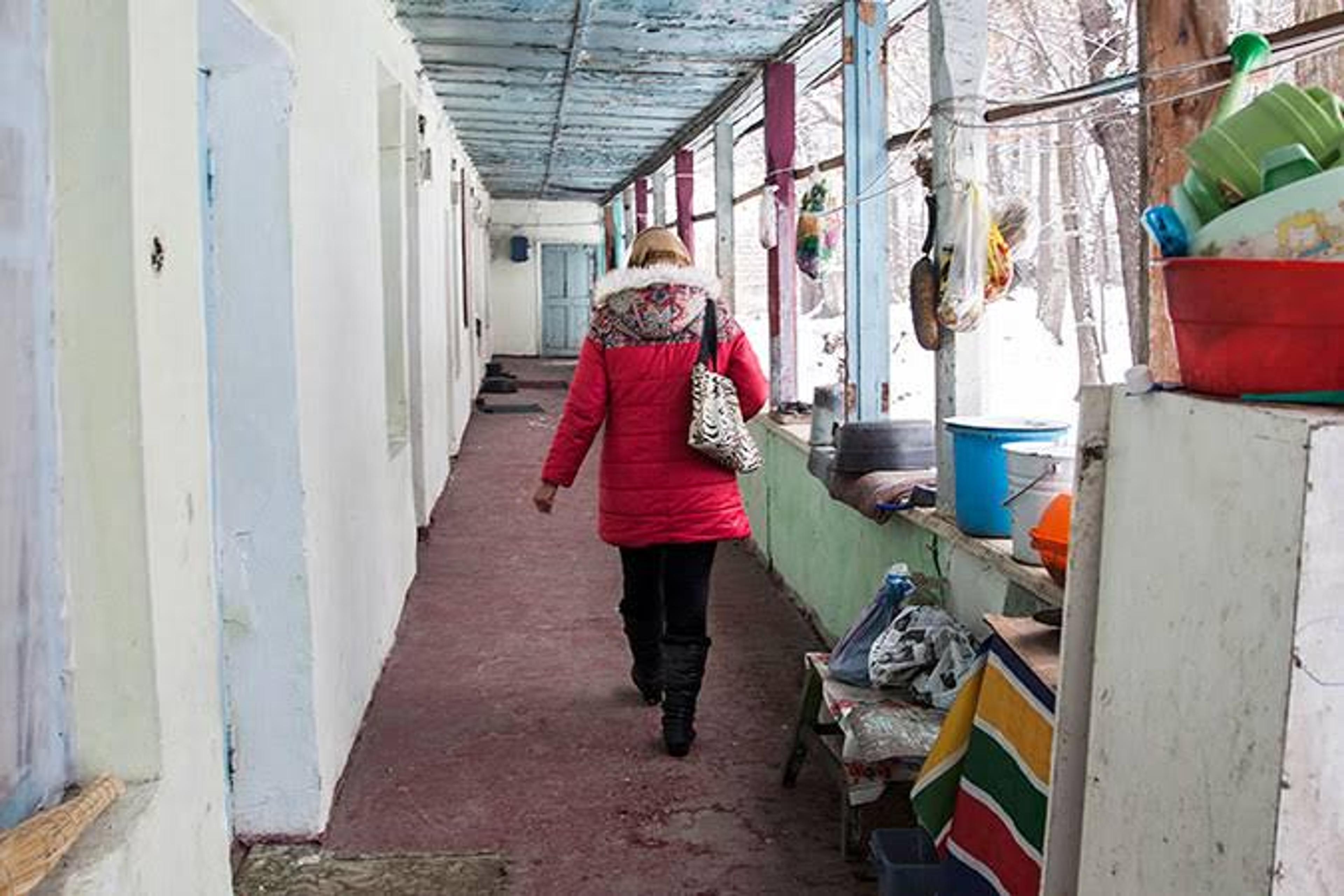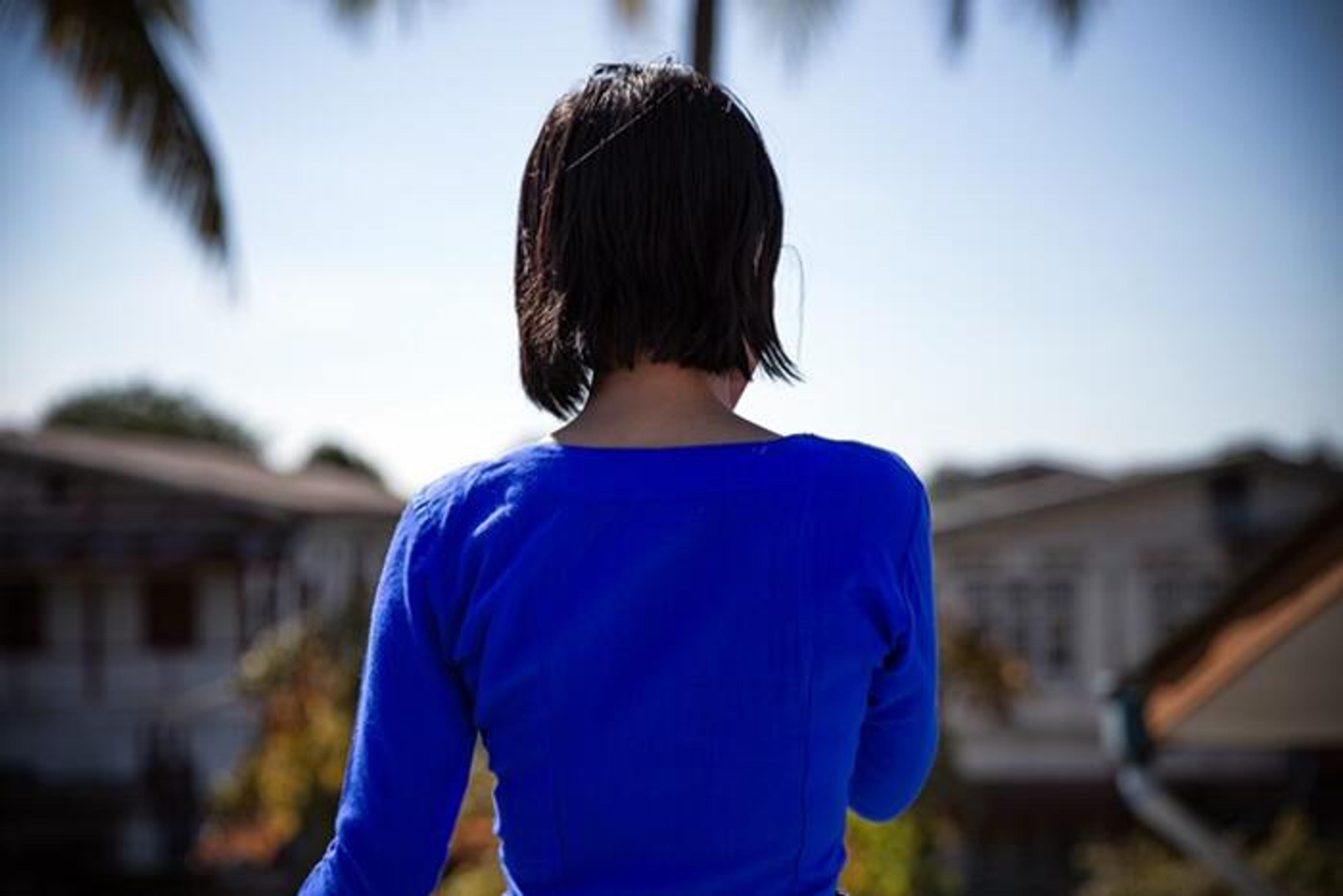Human trafficking or Modern Slavery is the recruitment, transportation, or transfer of people, with the intention of making money by force, fraud, or deception. Men, women, and children have all become victims of this crime, which is been happening in every corner of the world. To deceive and coerce their victims, traffickers frequently resort to violence, sham employment agencies, and false promises of education and job opportunities.
Traffickers force their victims into performing sexual activities or manual labor. They hunt for people who are vulnerable for various reasons, such as psychological or emotional weakness, economic difficulty, lack of social security net, natural calamities, or political instability. Fear of their traffickers, language barrier, and fear of law enforcement usually keep the victims from seeking help, which results in making human trafficking a secret crime. Many victims have been so traumatized that they not only stop expecting help but are also no longer able to identify themselves.
Apart from being forced to sell their bodies for sex, people are also being trafficked to be house slaves or beggars. Many are thrown into farms and factories to work as laborers as well. Despite the fact that boys and men are also victims, women and girls make up the majority of those recognized as being trafficked for both work and commercial sex.

Luiza Karimova, a 22-year-old woman from Uzbekistan, left her home and travelled to Osh, Kyrgyzstan, in search of job opportunities. She was soon offered a waitressing job by a woman and she accepted the opportunity. But things, however, took a turn for the worst. Karimova and some other girls were locked in an apartment while their employers seized their passports and other documents. Later, they were given fake IDs in exchange for the real ones. The women, along with Karimova, were put on a plane with their fake passports. Karimova said in an interview that she was sent to a nightclub and was forced to be a sex slave and was expected to earn at least 10,000 USD by the end of the month. Her life was absorbed by the nightclub job for 18 months. One evening, she saw a police car arriving while leaving the club, and instead of fleeing, Karimova stayed there and let the police arrest her. She was sent back to her home, but since her ID was fake, Karimova had to spend a year in jail. She filed a police complaint about the traffickers and three of them were arrested.
After Karimova was released from prison, she was left to live on the streets, humiliated and unemployed. She returned to the sex industry until she was contacted by Podruga, an organization that helps women who have been victims of sex and drug trafficking. She was hesitant to accept at first, but eventually, she accepted the help. Now, Karimova is working to prevent situations like the one she found herself in.

In Myanmar, a girl named Khawng Nu was misled by another woman from her village who sent her to a birth trafficking ring in China. Khawng Nu said in an interview that there were more than 40 women, some as young as 16, on the floor of the building where she was detained. She also revealed in the interview that the traffickers provided pills to the women and injected them with sperm in order to carry children for the Chinese men. If the women showed any sign of resistance, they would be beaten and tormented.
However, Khawng Nu was one of those lucky girls who managed to send a message to her family. By paying her ransom, her family was finally able to attain her location. Upon arriving in her village, Khawng Nu managed to rescue five more women with the help of local authorities. The trafficking broker of her village was also arrested.
Millions of girls are often found in the same situation as Karimova and Khawng Nu were once in. Human trafficking is a hideous crime that destroys a person’s life, family, and dreams. The government should make an effort to put an end to this crime by educating people about human trafficking and how they can detect the signs of it. It is vital to start spreading awareness about this topic in schools so that children do not become victims of human trafficking.
Sana Perween is a student pursuing English Literature from Jamia Millia Islamia.
Edited by: Maria Aqdas




